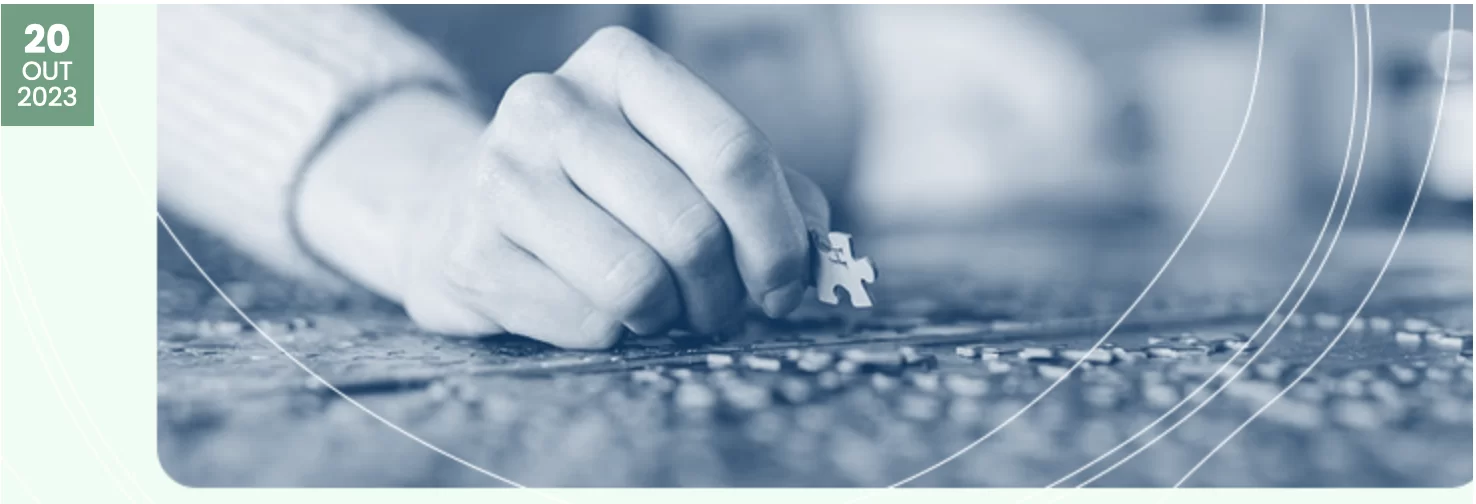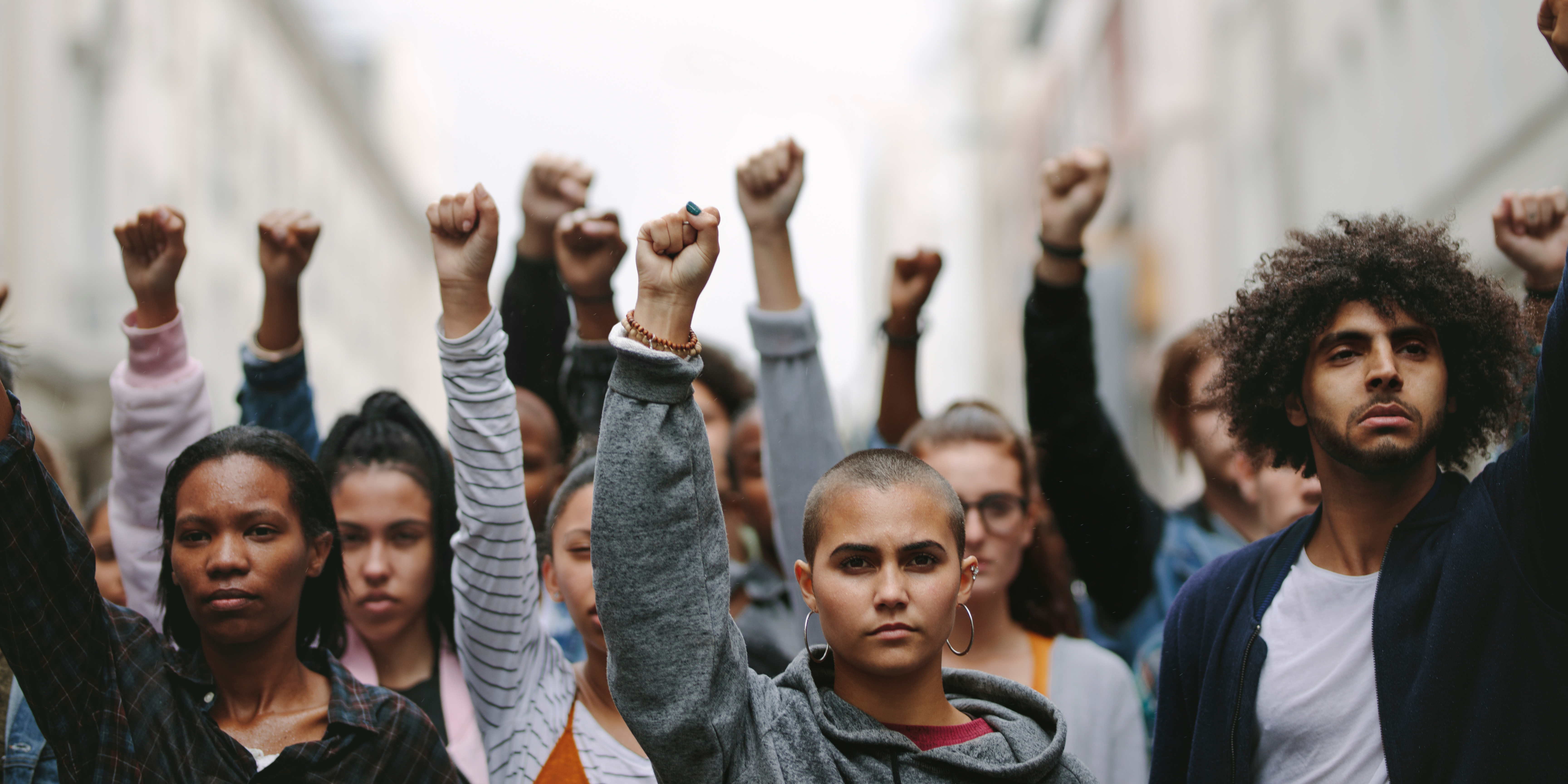How can trust be the key to transformative philanthropy?
The pandemic created a new scenario for philanthropy in Brazil . Donations to combat the new coronavirus and assist populations most affected by the economic crisis flowed in a volume and speed never before recorded in the country, exceeding R$6.5 billion from March to December 2020, according to the Donations Monitor, an initiative of the Brazilian Association of Fundraisers (ABCR). But this chain of good did not form overnight. There is soil that has been cultivated for the development of the culture of donation in the country. The fertilizer? The confidence.
The third edition of the Brasil Giving Report 2020*, which monitors the donation culture in the country, already highlighted this trend. Carried out in August 2019, still using pre-pandemic data, the study shows that Brazilians' positive perception of the work of NGOs increased by seven percentage points. For 79% of those interviewed, the work of social organizations in their local communities had a positive impact , up from 72% in 2018 – a thousand interviews were carried out online.
But there is still a long way to go: another study, the Impact of Covid-19 on Brazilian CSOs: from Immediate Response to Resilience , carried out by Mobiliza and ReosPartners, published in August 2020, revealed that, at the time, 46% of responding civil society organizations (CSOs) had cash to operate for a maximum of three more months and 69% needed resources to maintain operational costs. Developed in the context of the pandemic, the research further reinforces the importance of trust in the Third Sector so that organizations receive, on an ongoing basis, flexible investments, that is, unrelated to specific projects, available to be used at the organization's own discretion.
Although it seems obvious that the manager of a social organization is the most qualified person to allocate resources within their area of expertise , in practice, social investors tend to link their donations to specific purposes within the organization and, with the best of intentions, end up for imposing a non-strategic use of the resource.
Confidence and flexible investment
A good example of flexible social investment based on trust occurred in the support signed by Movimento Bem Maior with the 50 community-based social organizations selected via notice in 2019 in partnership with the Phi Institute . MBM's Institutional Relations Coordinator, Richard Sippli, tells us that as soon as the quarantine began in the country, “we quickly organized ourselves to get in touch with each of these organizations and understand the difficulties they were going through at that time. It soon became clear that the focus had changed, our role was now to help them survive as an organization and guarantee access to food and basic hygiene for their beneficiaries and teams.”
To help with the food issue, MBM chose to reallocate part of the resources from another project that would only take place in December to finance more than 1200 basic food baskets, which were distributed among the 32 organizations that said they needed them. All of this action was coordinated by the Phi Institute. It is worth mentioning that 18 organizations voluntarily refused the baskets because they understood that their communities did not need this resource as much as others. “This demonstrates the type of relationship we seek to build at MBM, where the relationship is horizontal and trust comes first ” says Richard.
To help cover essential expenses, MBM opted to make resources initially allocated to a specific project more flexible, so that it could be used to pay operational costs, such as paying employees, rent, electricity bills and other expenses.
For Silvia Morais, director of Synergos in Brazil, it is essential that this type of donation grows in the country, or we will see a reduction in the number of civil society organizations, which are the result of years of exercising citizenship and forming capital and social fabric . Synergos is an international organization that promotes the strengthening of donor practices, especially individual, family and corporate philanthropists.
“Flexible resources allow the practice of resilience in situations of risk to the longevity of organizations, such as the one we are currently experiencing, but they also expand the organization's possibilities to innovate, identify possibilities for evolution and institutional maturation, respond to emergencies and unforeseen events that always occur in the routine of its projects and, something very important nowadays, not depending on government resources, because an organization that depends on government resources can have its voice and influence over the government reduced”, highlights Silvia.
The reality is that social investors have very little appetite for risk. Mainly because there is a reputational risk linked to the name of the company or family behind the social investment. But, according to the expert, with transparency and management , it is possible to mitigate risks.
“Trust is the best form of risk mitigation. It occurs in longer- term , with monitoring based on proximity and not oriented by control, based on attitudes of collaboration and partnership, on assisting an organization's decision-making process and understanding the partner's choices. Trust is not something given, it is something built in the relationship between donors and donees since its embryonic process and trust itself, in addition to guaranteeing broader, deeper and structural results, makes it possible to reduce reputational risks”, concludes Silvia.
And as a result of this flexibility in MBM investment, all 50 social organizations remain active and, according to the PHI Institute's assessment, they managed to practically double the number of direct beneficiaries served. This is the power of flexible philanthropic resourcing, this is the power of trust.
*Download
Brazil Giving Report 2020





